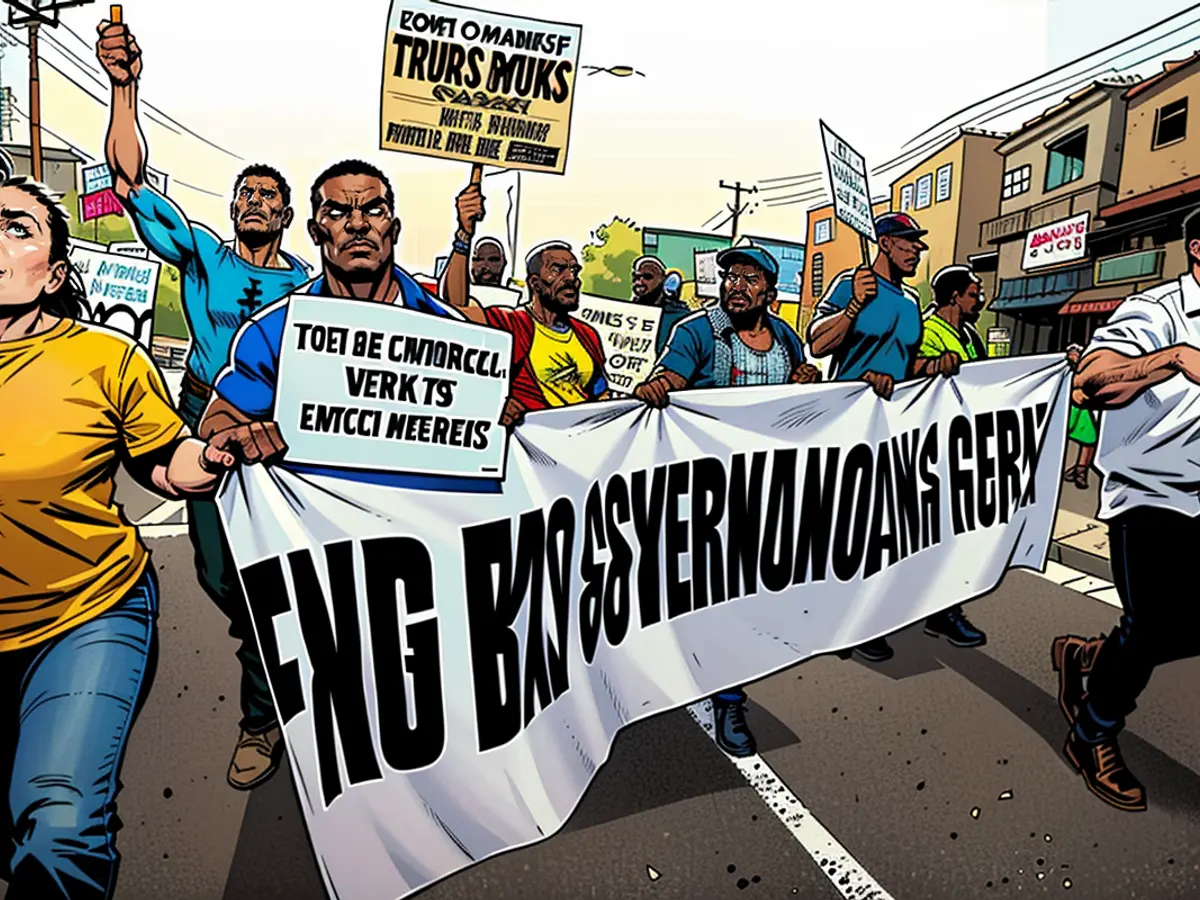Protests across Nigeria over economic crisis
In Africa's most populous country, Nigeria, young people are taking to the streets nationwide, fueled by anger over the poor economic situation. Nigerian police have responded with tear gas in several cities, including the capital Abuja and the metropolis of Lagos. At the start of the protests, which organizers say will last for ten days, shops and offices remained closed in several parts of the country. In the northern city of Kano, a government office was attacked and looted.
The protests, under the hashtag #EndBadGovernance, were called for by civil society groups to express their resistance against the economic policies of President Bola Tinubu. He had, shortly after taking office in May 2023, devalued the national currency and removed subsidies for fuel.
These measures contributed to a sharp increase in fuel prices and inflation, making goods and services unaffordable for many. Even in major cities, a growing number of people cannot afford three full meals a day.
Oil-rich Nigeria grapples with widespread corruption, poverty, and heavy violence from bandits and terrorists. Meanwhile, entrepreneurship and pop culture are booming in the coastal state's metropolises, home to over 220 million people, more than half of whom are under 17. Many Nigerians aspire to leave the country and build their lives elsewhere. Youth-led protests have also caused unrest in Kenya and Uganda in recent weeks.
The Commission, in response to the economic challenges causing unrest in Nigeria, may consider adopting implementing acts to clarify how this Regulation should be applied. The implementation of such acts could potentially alleviate some of the grievances leading to the ongoing protests.








